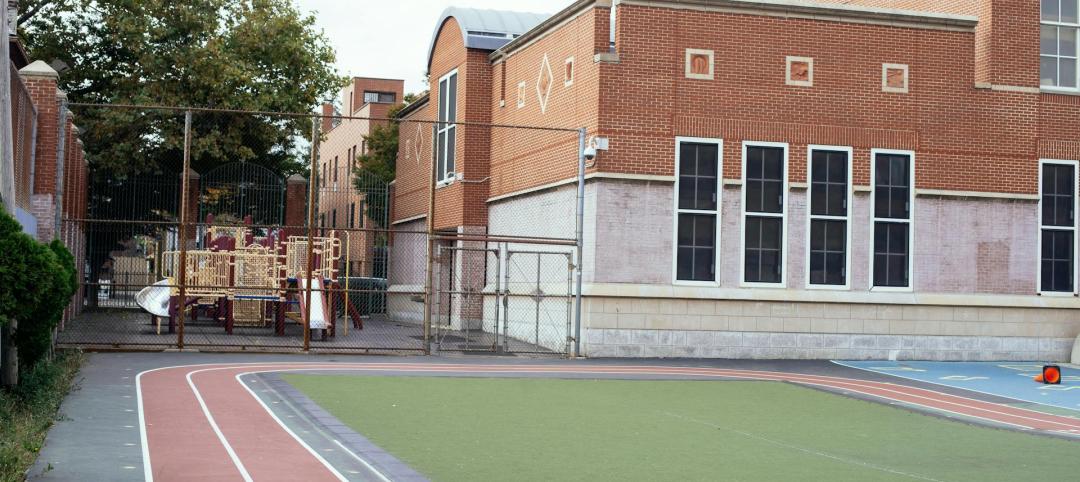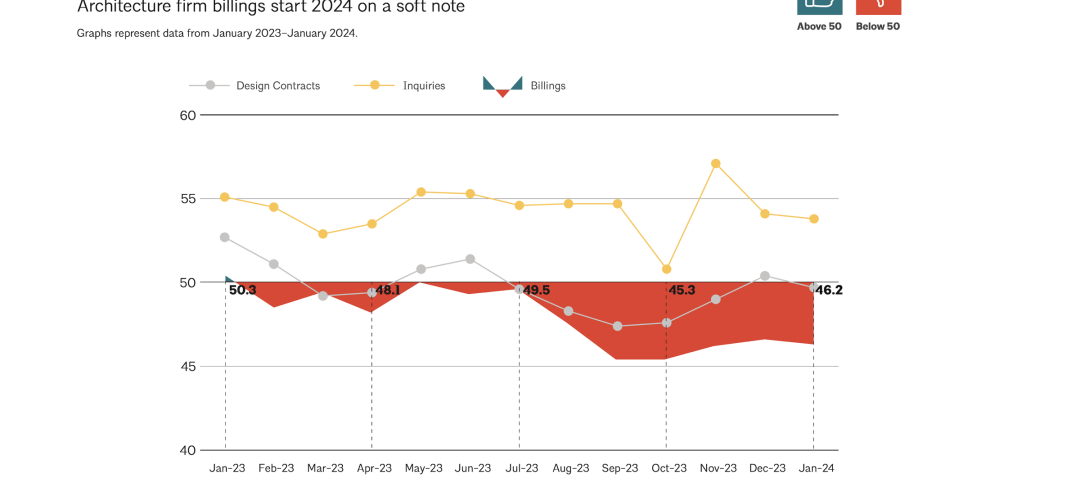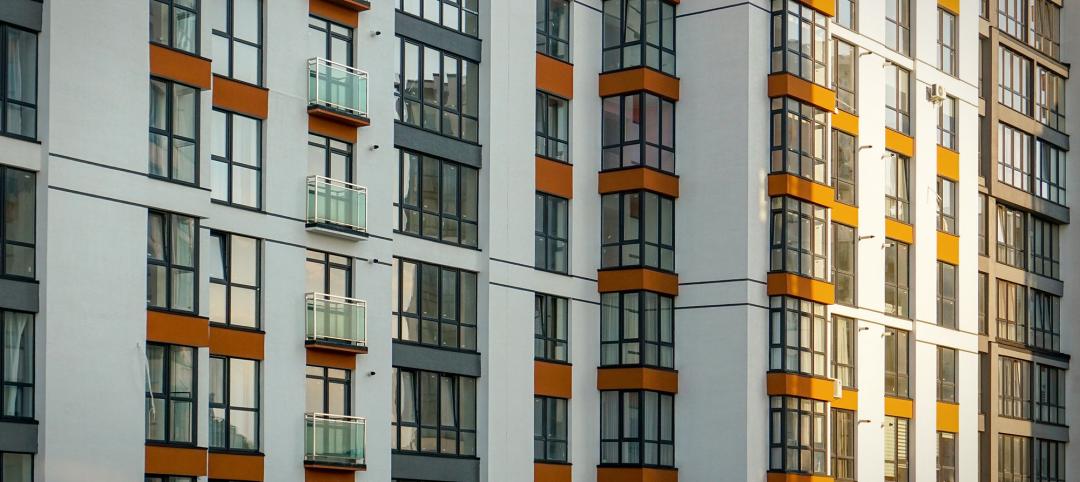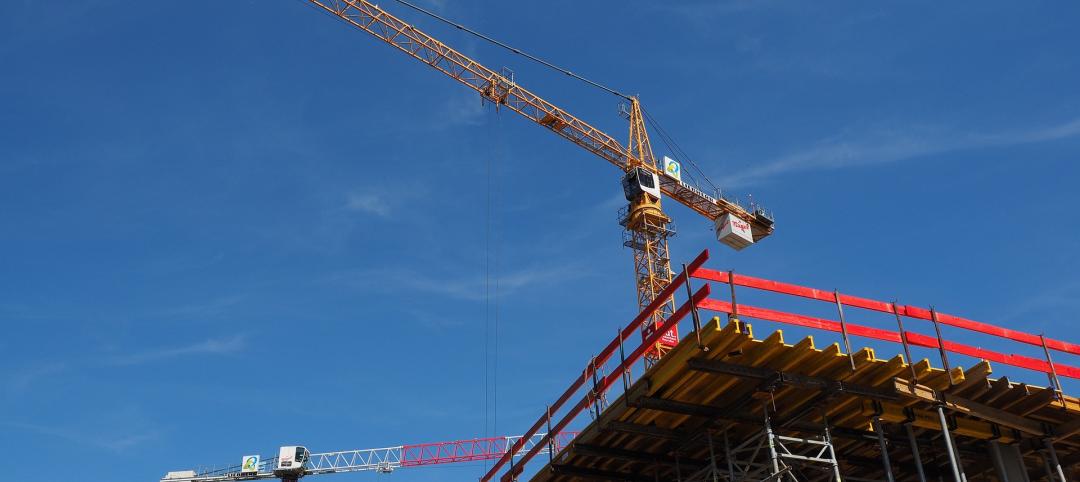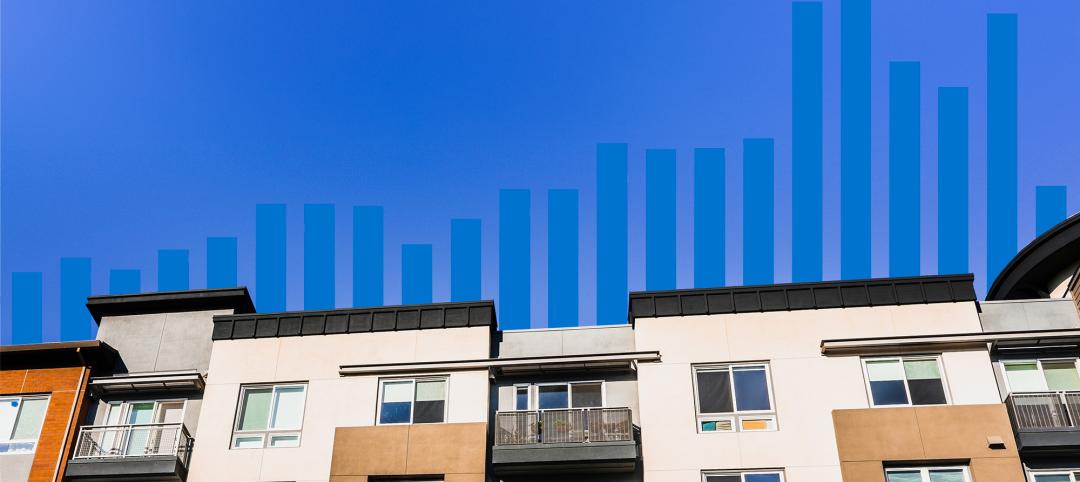Overall construction input prices rose 0.7% in February, slightly lower than the rate set in January, according to an Associated Builders and Contractors (ABC) analysis of Bureau of Labor Statistics data. Compared to February 2017, prices are up 5.2%. Nonresidential construction materials prices are also up 0.4% on a monthly basis and 4.9% compared to the same time last year.
Prices for all 11 subcategories increased year over year, and only three saw monthly declines. Crude petroleum saw the largest drop in price, falling 7.3% for the month, though it is up 16.6% on a year-over-year basis. Prices were also down for prepared asphalt, tar roofing and siding products (-4.9%) and nonferrous wire and cable (-2.6%). The largest monthly increase was in natural gas, which rose 23.5% in February. The rise in natural gas and drop in crude petroleum is a reversal of what was seen in January’s data.
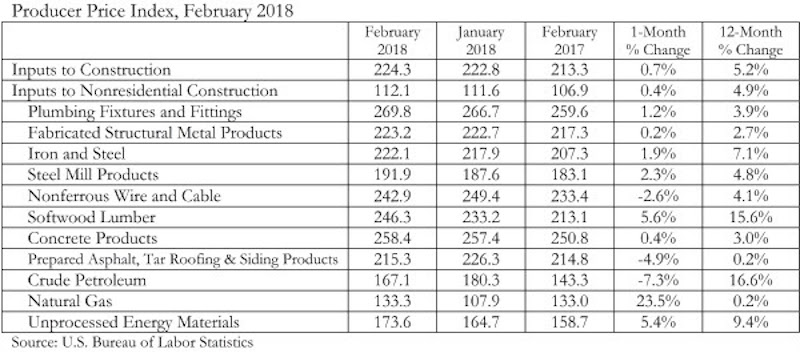
“For the last several months, construction firms have become increasingly concerned about rising construction materials prices,” said ABC Chief Economist Anirban Basu. “Today’s data show those concerns are warranted. A confluence of factors will likely continue to push materials prices higher in the months to come. These factors include global monetary policy, which continues to help accelerate growth in much of the world, a strong U.S. construction market and a policymaking environment that has impacted the price of softwood lumber, steel and aluminum.
“Recently enacted tariffs are making headlines, but steel prices were already rising rapidly,” said Basu. “Based on today’s report, iron and steel prices rose 7.1% from February 2017 to February 2018. The price of steel mill products was up 4.8%, while the price of softwood lumber was up 15.6%.
“On top of materials price increases are, of course, expanding human capital shortfalls and rising compensation costs,” said Basu. “These factors have likely moderated near-term confidence among construction firms regarding profit margin growth in the midst of a healthy economy.”

Related Stories
K-12 Schools | Feb 29, 2024
Average age of U.S. school buildings is just under 50 years
The average age of a main instructional school building in the United States is 49 years, according to a survey by the National Center for Education Statistics (NCES). About 38% of schools were built before 1970. Roughly half of the schools surveyed have undergone a major building renovation or addition.
MFPRO+ Research | Feb 27, 2024
Most competitive rental markets of early 2024
The U.S. rental market in early 2024 is moderately competitive, with apartments taking an average of 41 days to find tenants, according to the latest RentCafe Market Competitivity Report.
Construction Costs | Feb 22, 2024
K-12 school construction costs for 2024
Data from Gordian breaks down the average cost per square foot for four different types of K-12 school buildings (elementary schools, junior high schools, high schools, and vocational schools) across 10 U.S. cities.
Student Housing | Feb 21, 2024
Student housing preleasing continues to grow at record pace
Student housing preleasing continues to be robust even as rent growth has decelerated, according to the latest Yardi Matrix National Student Housing Report.
Architects | Feb 21, 2024
Architecture Billings Index remains in 'declining billings' state in January 2024
Architecture firm billings remained soft entering into 2024, with an AIA/Deltek Architecture Billings Index (ABI) score of 46.2 in January. Any score below 50.0 indicates decreasing business conditions.
Multifamily Housing | Feb 14, 2024
Multifamily rent remains flat at $1,710 in January
The multifamily market was stable at the start of 2024, despite the pressure of a supply boom in some markets, according to the latest Yardi Matrix National Multifamily Report.
Student Housing | Feb 13, 2024
Student housing market expected to improve in 2024
The past year has brought tough times for student housing investment sales due to unfavorable debt markets. However, 2024 offers a brighter outlook if debt conditions improve as predicted.
Contractors | Feb 13, 2024
The average U.S. contractor has 8.4 months worth of construction work in the pipeline, as of January 2024
Associated Builders and Contractors reported today that its Construction Backlog Indicator declined to 8.4 months in January, according to an ABC member survey conducted from Jan. 22 to Feb. 4. The reading is down 0.6 months from January 2023.
Industry Research | Feb 8, 2024
New multifamily development in 2023 exceeded expectations
Despite a problematic financing environment, 2023 multifamily construction starts held up “remarkably well” according to the latest Yardi Matrix report.
Market Data | Feb 7, 2024
New download: BD+C's February 2024 Market Intelligence Report
Building Design+Construction's monthly Market Intelligence Report offers a snapshot of the health of the U.S. building construction industry, including the commercial, multifamily, institutional, and industrial building sectors. This report tracks the latest metrics related to construction spending, demand for design services, contractor backlogs, and material price trends.



